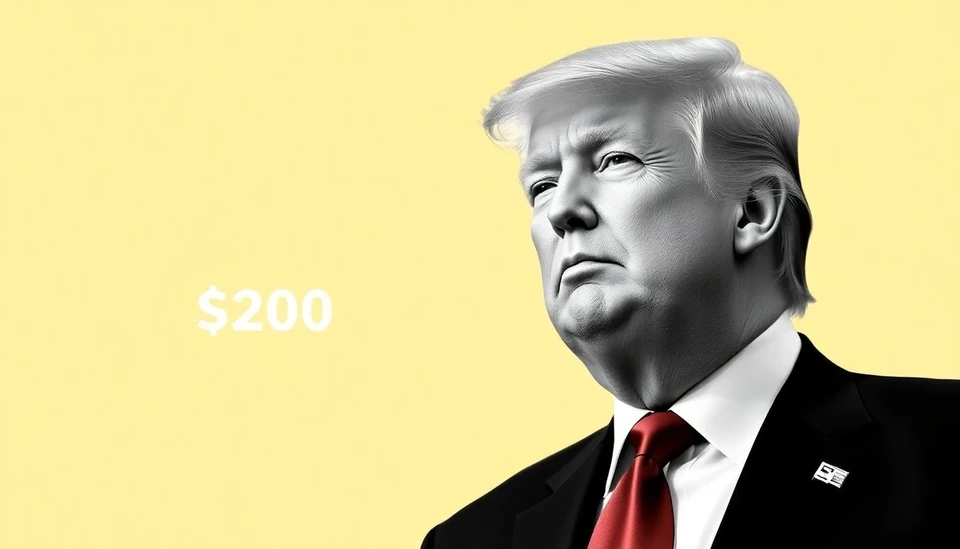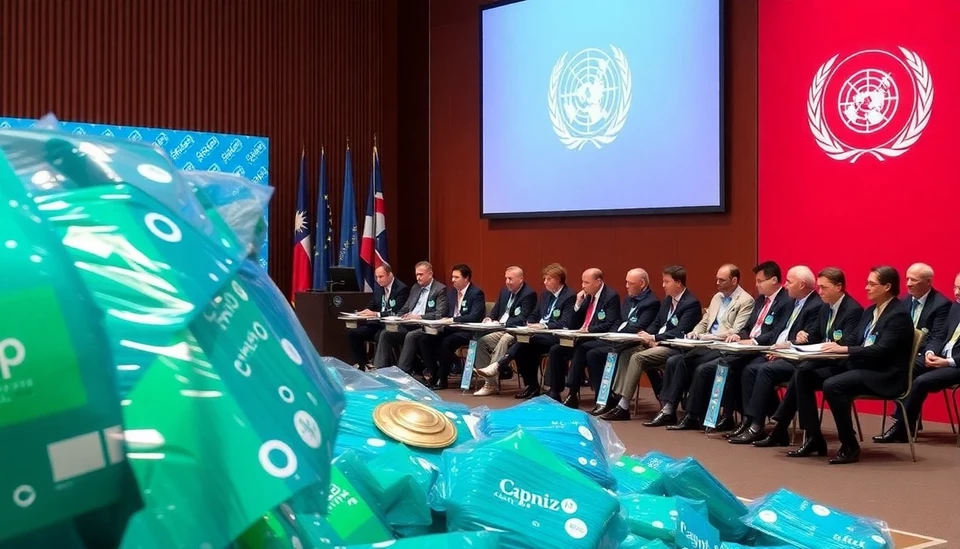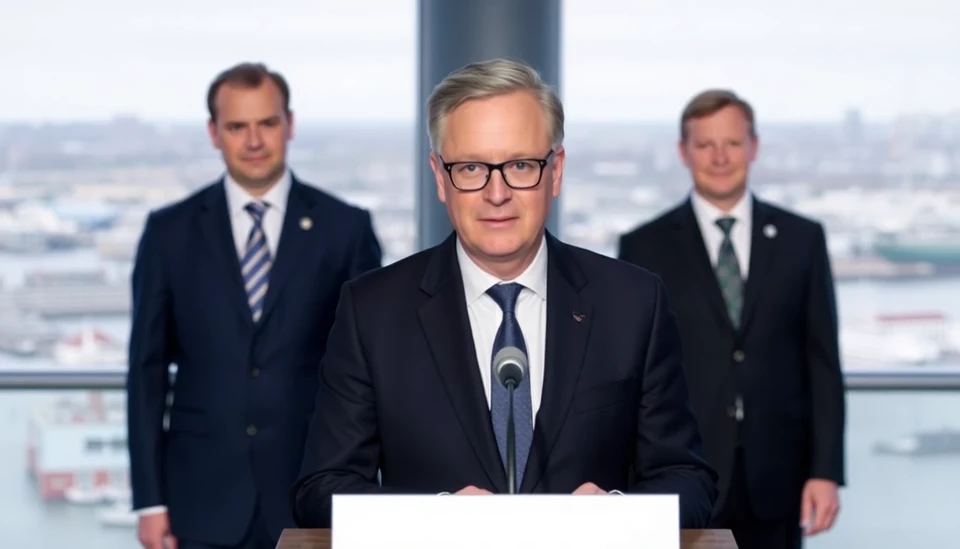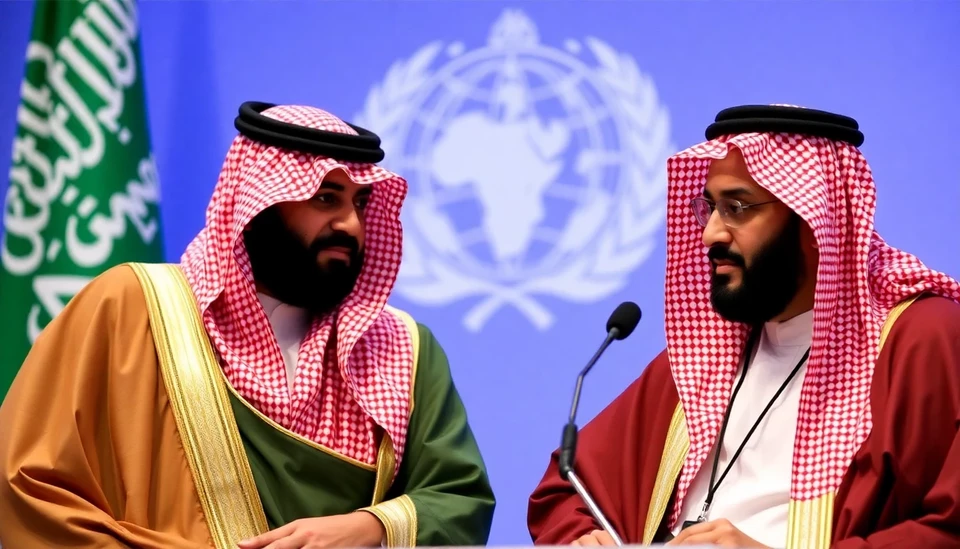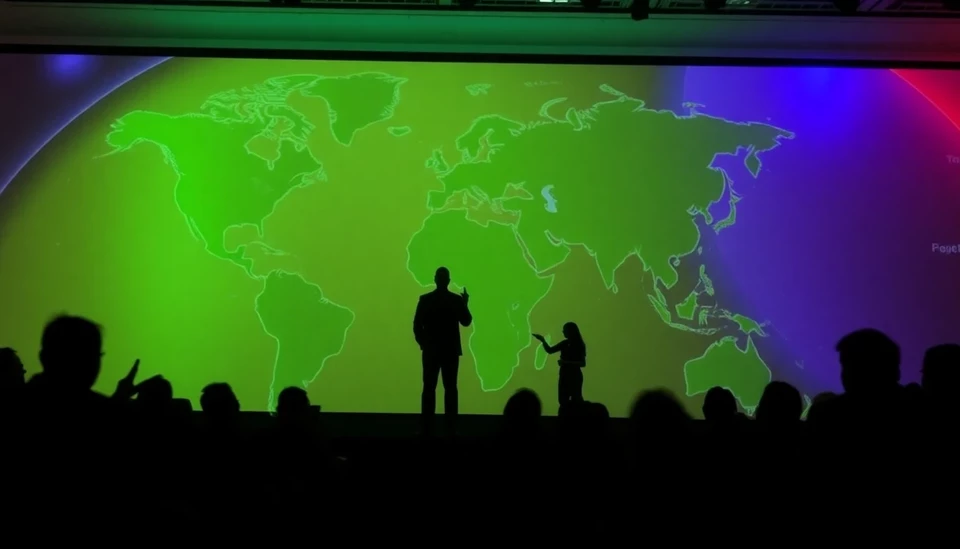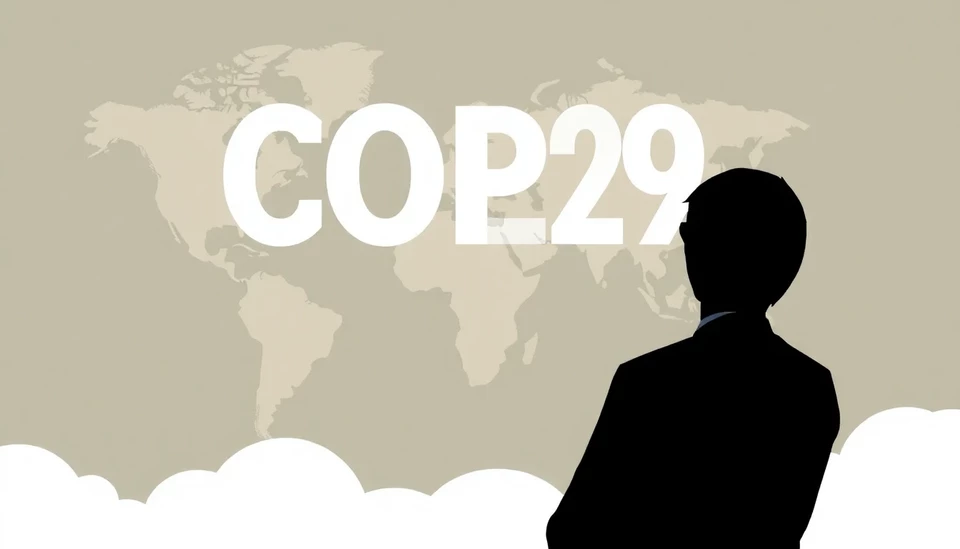
As global leaders prepare for the 29th Conference of the Parties (COP29) to the United Nations Framework Convention on Climate Change (UNFCCC), the agenda is charged with the weight of past negotiations and unresolved issues. Scheduled for early December in Dubar, this year's conference aims to tackle urgent climate challenges but is overshadowed by longstanding tensions and controversies that could hinder progress.
Historically, COP conferences have been arenas for fierce debates among nations about responsibility for climate change and equitable solutions. These discussions often reflect broader geopolitical tensions and economic disparities, particularly between developed and developing nations. As COP29 approaches, these old divides are resurfacing, sparking fears that they may impede meaningful action on climate initiatives.
One of the most contentious issues is the promise of climate finance from wealthier nations to the developing world. The landmark Paris Agreement underscored the need for rich nations to provide support to countries most affected by climate change, but commitments have frequently fallen short. Developing countries are urging wealthier nations to honor financial pledges that were made back in 2009, which included mobilizing $100 billion annually by 2020—an objective that remains unfulfilled.
This financial shortfall raises critical questions about trust and accountability, as many nations in the Global South feel neglected in the climate negotiations. They assert that without adequate funding, their ability to adapt to climate impacts and transition to greener technologies is severely constrained.
Additionally, discussions around "loss and damage" funding are expected to take center stage. This mechanism is intended to compensate countries already suffering irreversible effects of climate change, such as flooding, droughts, and extreme weather events. However, disagreements persist over who should pay and how much support is adequate, fueling further discord in negotiations.
Environmental activists are concerned that these old conflicts could derail COP29 and prevent a collective push for pivotal climate action. Grassroots movements are urging leaders to prioritize unity over polarization and stress the importance of aligning interests for the common goal of a sustainable future.
Looking ahead, the stakes are higher than ever, with global temperatures continuing to rise and natural disasters becoming increasingly frequent. The need for concrete commitments and collaborative efforts to mitigate climate change could not be more pressing. As the world waits to see how these old fights will influence the outcome of COP29, the effectiveness of the conference in driving sustainable action remains uncertain.
In the run-up to the conference, various stakeholders are calling for a renewed sense of responsibility and solidarity. Participants are encouraged to approach the discussions with a spirit of compromise and to focus on tangible solutions that can bridge these historical divides.
#COP29 #ClimateChange #GlobalWarming #ClimateFinance #LossAndDamage #EnvironmentalActivism #SustainableFuture #UNFCCC
Author: Sophie Bennett
